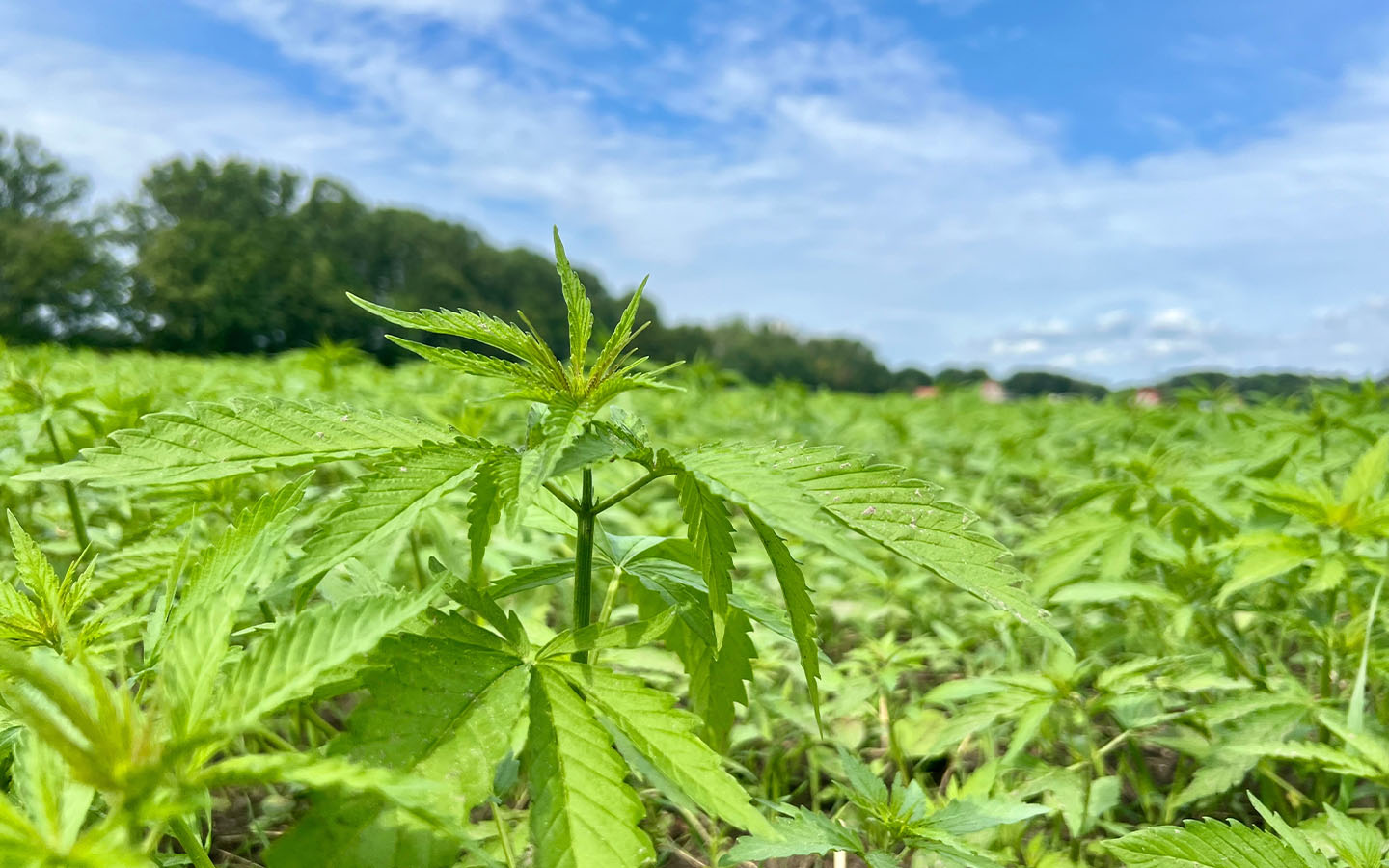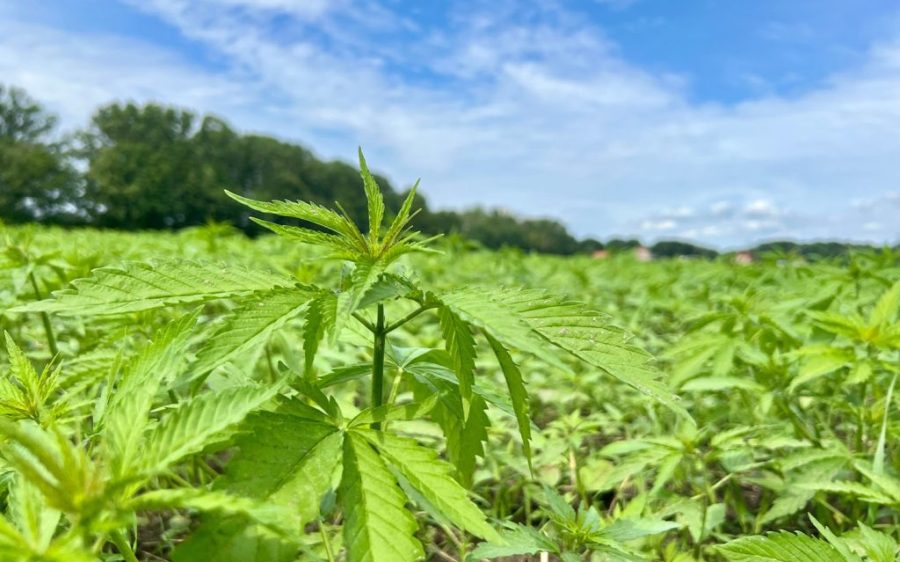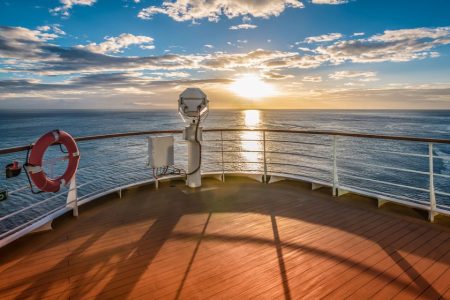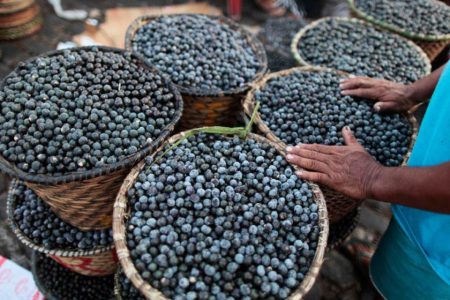Pioneering farmers in the Azores are growing hemp as part of a new project to develop this versatile, sustainable crop in the autonomous Portuguese archipelago.
Graça Castanho, president of the Assembly of the International Cannabis Brotherhood Portugal, told Portuguese news agency Lusa that farmers had sown four plots of land on the island of São Miguel this year. The crops will be used to make different products on an experimental basis and “to analyse the behaviour of different varieties in different geographies of the island.” Licences have also been granted to farmers on Pico and Terceira.
While some kinds of Cannabis sativa are used, legally or illegally, as recreational drugs and for medicinal purposes, the non-psychotropic variety, known as “industrial hemp,” serves as a dual-purpose crop, producing both a seed and a fibre, which are utilised in a wide variety of industrial and consumable goods.
[See more: A new desalination plant will be key to agriculture in Cabo Verde]
This versatility is what has producers in the Azores so keen to experiment with the archipelago’s first harvest. Castanho reported that they’ve so far produced seed oil, vegan cheeses, tea, bread, flours, cosmetics, detergents, food, drinks, candles, animal feed, handicrafts, building materials, and fibres for different purposes.
Hemp is also appealing for its sustainability. A fast-growing plant, hemp regenerates soil quality, removes contaminants from soil and water, and may be twice as effective as trees at capturing carbon. It produces a more sustainable fibre than cotton, and can be a highly versatile building material that can substitute for plastic, wood and even concrete, its advocates say.
Such potential has more and more farmers, producers, landowners, start-ups, companies and industries showing interest in industrial hemp and medicinal cannabis, according to Castanho. She believes the number of licence applications “will increase substantially” on São Miguel and other islands.






